Duc Tien's wife released the evidence left by her husband before he died, his mother-in-law did not have time to turn back
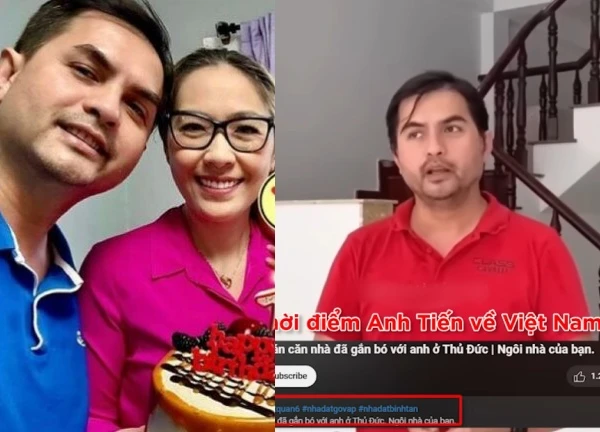
4 | 0 Discuss | Share
After the death of the late actor Duc Tien, his wife Binh Phuong sent an application to the court requesting to receive back her husband's assets and divide the assets according to the law. The lawsuit is currently being filed by the People's Court of Ho Chi Minh City. Ho Chi Minh City.
In the lawsuit, Ms. Binh Phuong said that her husband made a will before he died. The content of the will states that she owns a house in Linh Dong ward (Thu Duc city) and a land plot in Duc Hoa district (Long An province). Ms. Ngoc Anh - the actor's mother and his daughter received an inheritance equivalent to 666 million VND each.
Recently, Binh Phuong also released new evidence, which is a clip that Duc Tien is selling a house in Linh Dong, Thu Duc City, Ho Chi Minh City. Ho Chi Minh City many years ago.
On the mother-in-law's side, after being notified by the court, Ms. Ngoc Anh sent a counterclaim. Ms. Anh said that her son's will given by Ms. Binh Phuong, although notarized in the US, was not in accordance with Vietnamese law. She asked to receive 50% of the value of the property (about 2.7 billion VND).
From here, many people are curious about the provisions of the law on wills of overseas Vietnamese for property in Vietnam.
According to the provisions of Article 630 of the Civil Code 2015, a will is considered legal if:
- The testator is clear and wise while making the will;
- The testator is not deceived, threatened or coerced;
- The contents of the will do not violate the prohibitions of the law, are not contrary to social ethics;
- The form of the will is not contrary to the provisions of the law.
In which, a written will can be notarized, authenticated, with or without witnesses; If there are no witnesses, the person leaving the will must write and sign by himself;
An oral will must have at least 02 witnesses and these 2 people must sign and point to that oral will.
In addition, Article 638 of the Civil Code 2015 clearly states that the will of a Vietnamese citizen who is abroad certified by a Vietnamese consulate or diplomatic representative in that country is as valid as a notarized or authenticated will.
Therefore, if a Vietnamese citizen is abroad and does not have the conditions to return to Vietnam to make a will, he or she can go to a consular office or Vietnamese diplomatic representative abroad to make a will.
At this time, the will is still valid and considered legal in Vietnam if the making of the will ensures the above conditions.
Previously, Article 649 of the Civil Code 2005 stipulated that a will was made in writing and people belonging to ethnic minorities had the right to make a will in the writing and voice of their ethnic group.
Article 627 of the Civil Code 2015 has abolished the provision on wills of ethnic minorities. Accordingly, the law only stipulates that a will can be made in writing or an oral will without limitation on writing and language.
Therefore, the current law does not prohibit Vietnamese people from making wills in foreign languages. Therefore, it is still possible to make a will in a foreign language in accordance with the order and procedures of the law.
However, if the will is notarized or authenticated, the Vietnamese language must be used because Article 6 of the Law on Notarization 2014, the voice and writing used in notarization are Vietnamese.
At this time, the notarization requester can translate the will from a foreign language into Vietnamese and notarize and authenticate it as usual or have more witnesses.
Therefore, if the will is not notarized or authenticated, it is possible to use a foreign language, but it is still recommended to use Vietnamese to avoid confusion about the content of the will. As for notarized wills, they must be in Vietnamese.
Not only that, when announcing a will, Article 672 of the Civil Code 2015 stipulates that a will made in a foreign language must be translated into Vietnamese and must be authenticated or notarized.
Thus, Vietnamese law does not prohibit the use of foreign languages to make a will, but when a will takes legal effect, it must be notarized, authenticated and translated into Vietnamese to avoid confusion about the content of the will.
Duc Tien's tomb was destroyed in the US, his wife released a "mysterious will without any names of relatives"  Minh Lợi19:13:05 25/03/2025Recently, the noise surrounding the inheritance dispute between Duc Tien's wife - Miss Binh Phuong and the late actor's family, specifically the late artist's biological mother, has received attention from the audience.
Minh Lợi19:13:05 25/03/2025Recently, the noise surrounding the inheritance dispute between Duc Tien's wife - Miss Binh Phuong and the late actor's family, specifically the late artist's biological mother, has received attention from the audience.

4 | 0 Discuss | Share
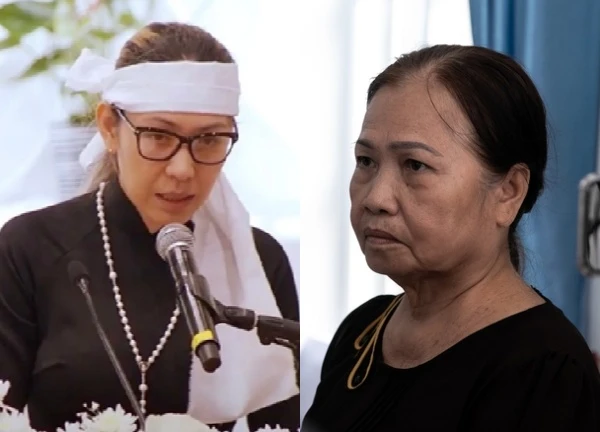
3 | 0 Discuss | Share

3 | 1 Discuss | Share

1 | 0 Discuss | Share

2 | 0 Discuss | Share
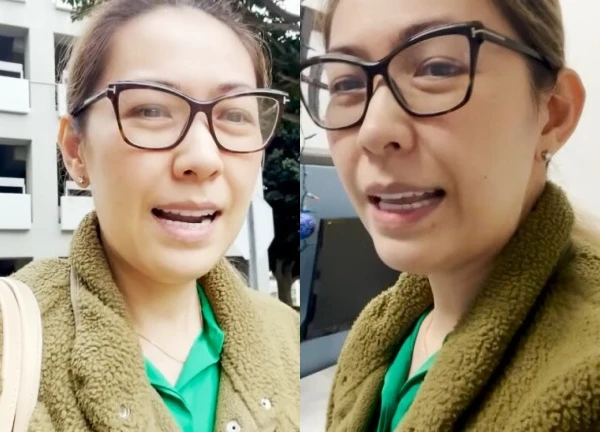
1 | 0 Discuss | Share

3 | 0 Discuss | Share
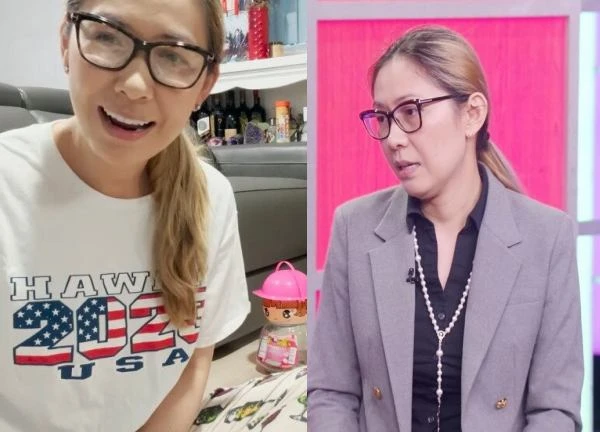
2 | 1 Discuss | Share
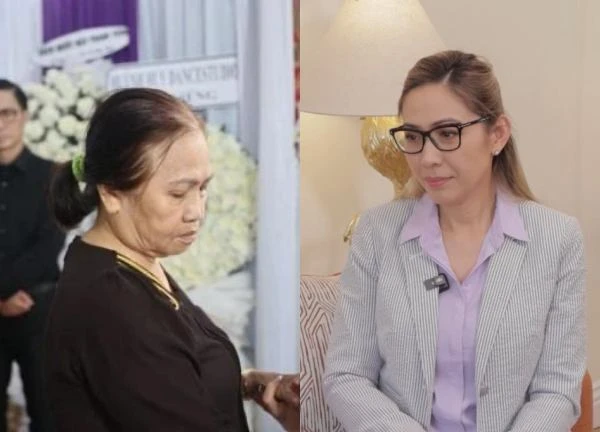
3 | 2 Discuss | Share
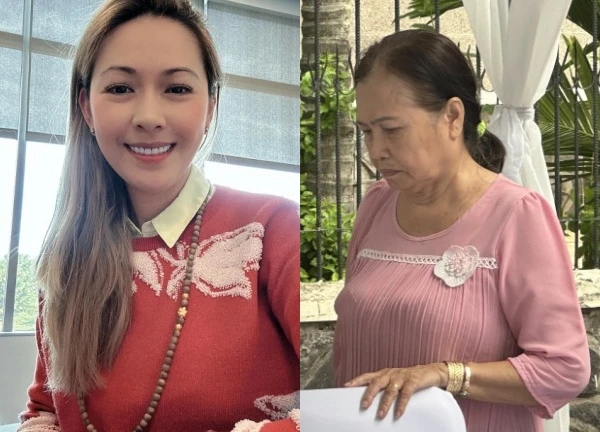
6 | 0 Discuss | Share

3 | 1 Discuss | Share
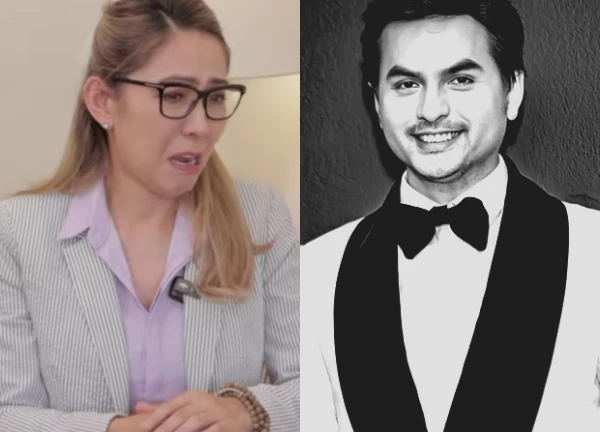
2 | 1 Discuss | Share










1 | 0 Discuss | Report